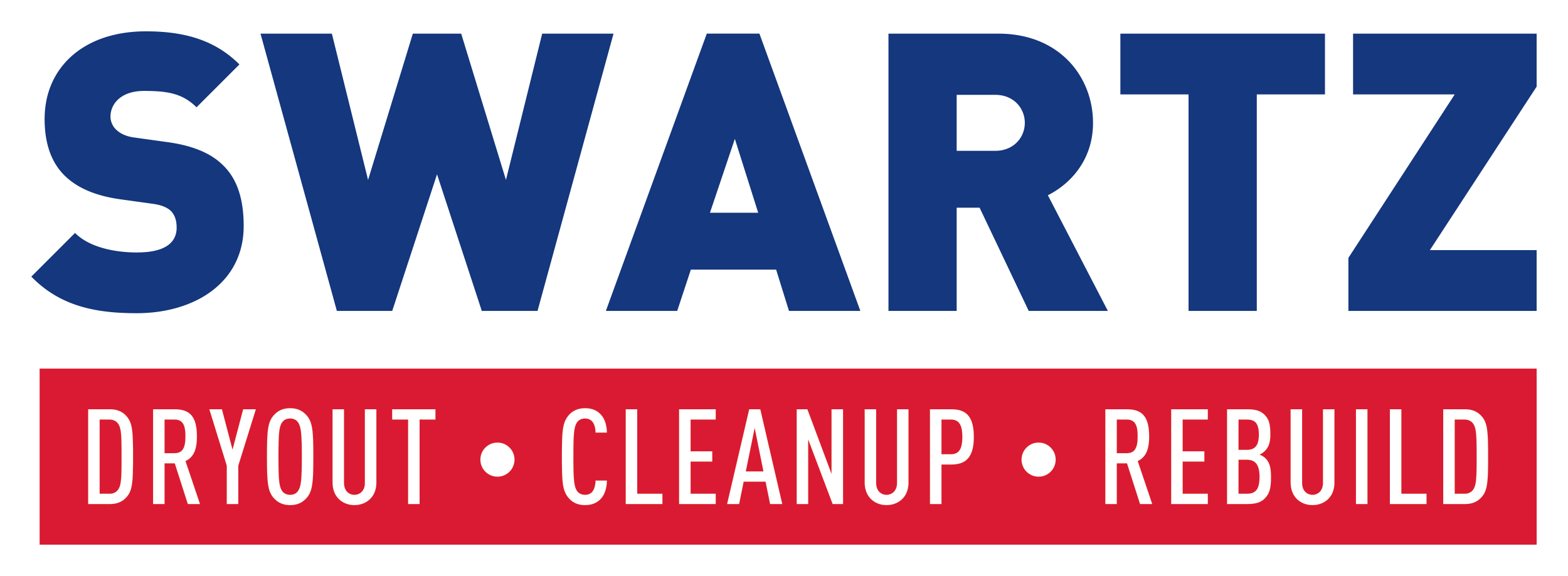Time to winterize your home
Let’s consider for a moment what can happen if you don’t winterize your home: You lose money, your home is colder than it should be and you can even be putting your family in danger.
On the flip side, what about the benefits? How about safety, efficiency and peace of mind.
January is not the time to be regretting that you didn’t winterize your home. The time is now, and we want to get you started.
1) Stay warm
There are so many things you can do to keep yourself warmer this winter without simply turning up the temperature.
— Fight Drafts and air leaks. Did you know that drafts can waste 5 to 30 percent of your energy use? That’s according to the U.S. Department of Energy. Draft snakes are a huge preventative tool and are as easy as rolling up a towel and putting it under the door. Also, install storm doors and windows, which can save you up to 45 percent on your energy bill. Check your home for air leaks and use caulking and weather stripping to block it up.
— The Furnace. Make sure you have your furnace checked out, tuned up and cleaned. This might cost about $100 but it could payoff big time in preventing problems and making it efficient. Also, remember to change the furnace filters regularly, about once a month. Dirty filters reduce efficiency and can lead to fires if not changed.
— Insulation. Adding extra insulation is a big heating help for the winter. Experts state you need a minimum of 12 inches in your attic. Ceiling joists are about 10 inches, so if you can see them in your attic, you need more insulation.
— Duct work. Another U.S. Department of Energy fact: Poorly connected and/or insulated ducts can lead to nearly 60 percent loss of heated air. Having them cleaned and checked for gaps or pinched pipes is a good idea.
— Reverse fans. This is an easy one, but often overlooked. By reversing the ceiling fans in your home, you push hot air down and recirculating it within each room.
2) Clean-up time.
Don’t be afraid to get your hands dirty. Making sure your home is clean is a big plus when the snow starts to fall and the temperature drops.
— Gutter talk. Leaves are falling and other debris has been piling up all year in your gutters. But cold winter rain and melting snow needs to be able to drain. If not, gutters can get clogged by ice dams. This means water can get backed up and seep into your home, according to the Insurance Information Institute. Watch for leaks and misaligned pipes as you’re cleaning your gutters. It’s important to make sure downspouts are pushing water at least 10 feet away from your house to prevent water damage and flooding.
— Chimney sweeping. According to the Chimney Safety Institute of America, a chimney doesn’t necessarily need swept every year, but it does need inspected. Many things can get trapped in a chimney without anyone knowing it. That can come back to haunt you when you start using that fireplace.
3) Avoid water damage
Speaking of water damage, it can be an absolute disaster come winter time.
— Pipes. According to an article from GoodHousekeeping.com, insulating your pipes does two great things: It helps you save money and decreases the chances of pipes bursting. Hardware stores are great place to find advice on what tapes, rubber sleeves and insulation to use on pipes.
— Shut it off. Shut off water to the outside hose bibs. Also, make sure hoses and air-conditioning lines are drained and there is no pooled water in either.
4) Monitors
It’s a good habit to check and buy alarms at this time of year.
— Smoke alarms. Twice a year, it’s recommended you check your smoke alarms and change the batteries. A good rule of thumb is to go by the changing seasons: Before winter and before summer.
— Watch the thermostat. Between 50 to 70 percent of energy bills, on average, are dedicated to heating and cooling. Make it a habit to turn down the thermostat when no one’s home. According to Goodhousekeeping.com, for every degree you lower the thermostat, you’ll save between 1 and 3 percent on your bill.
These are some tips to get you started on winterizing your homes in order to prevent disasters this winter. Of course, if any emergencies arise this winter in your home, know that Swartz Contracting and Emergency Services will help you repair the damages immediately. We’re available 24 hours a day, seven days a week, 365 days a year. Call us today at 419-331-1024 or 800-462-1024.
Like us on Facebook, follow us on Twitter, watch us on YouTube, add us to your Google+ circles, see what’s “Pinteresting” on Pinterest, and join our group on LinkedIn!
Sources: Swartz Contracting and Emergency Services, Good Housekeeping, MSN Real Estate, The U.S. Department of Energy, The Chimney Safety Institute of America.
